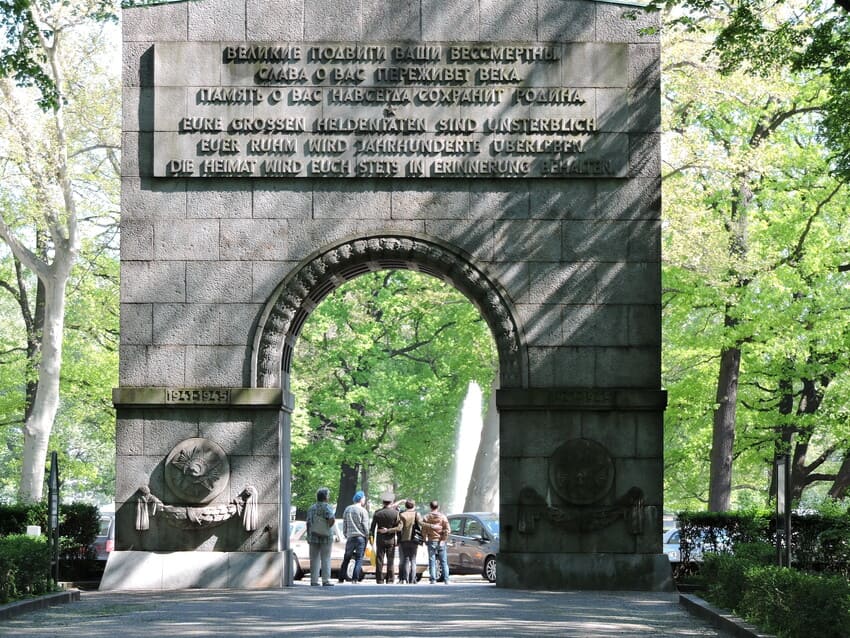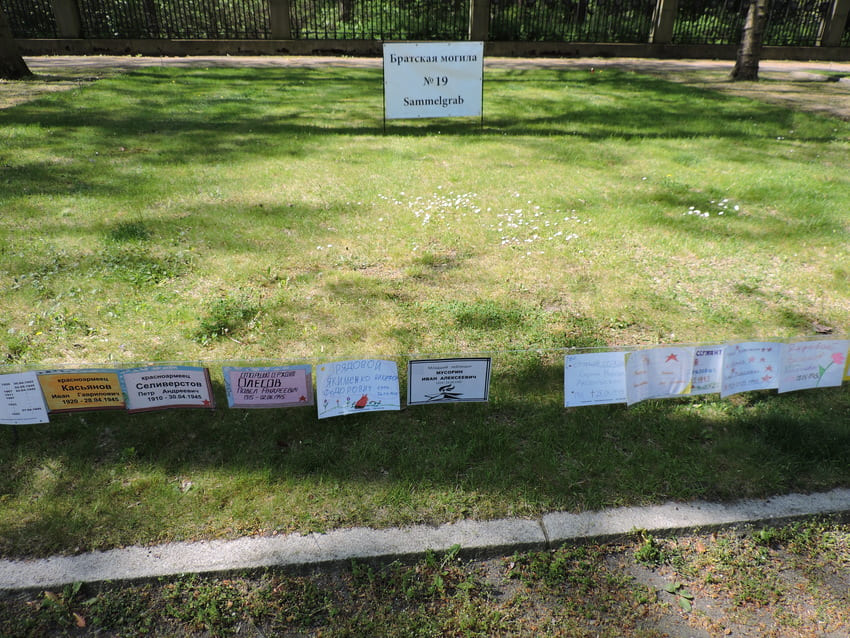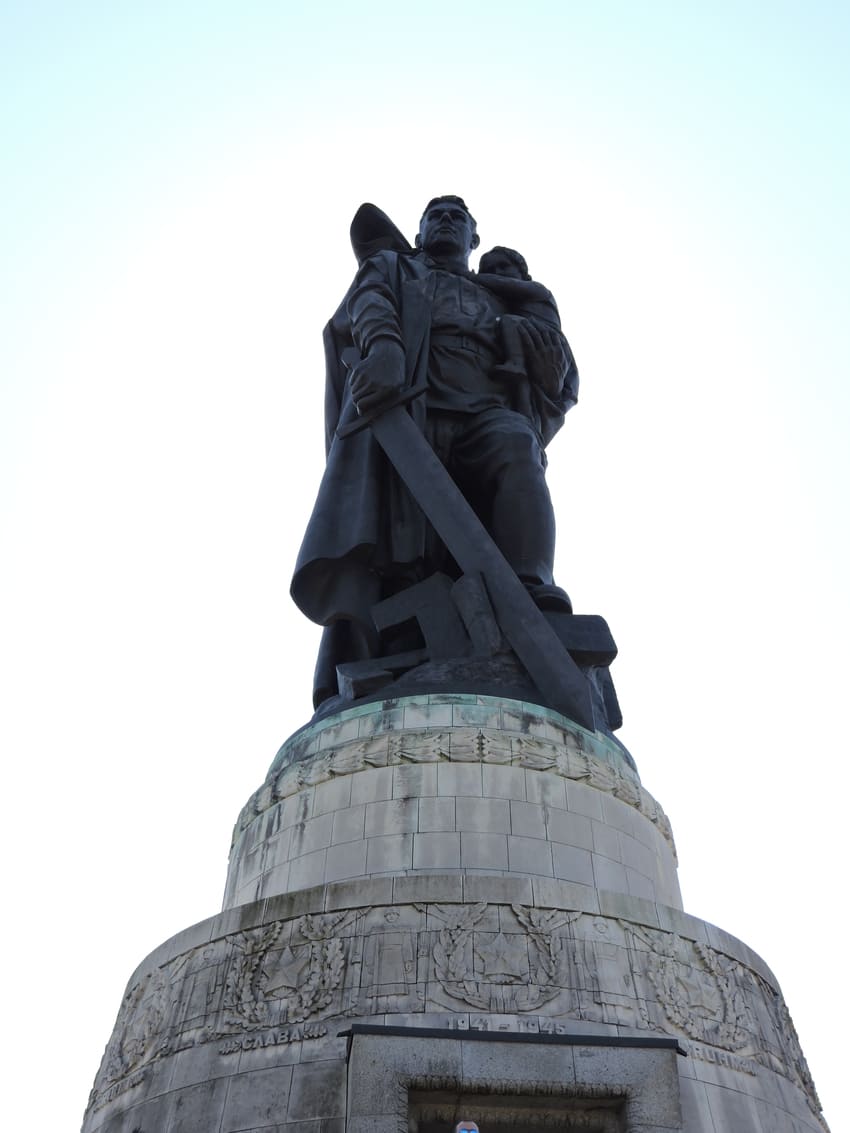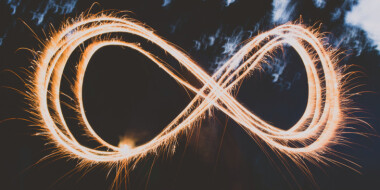In 2023 Victory Day is going to be celebrated for the 78th time. It is a lot of years. Despite the voices saying it is too many years to continue commemorating, every year millions of people still bring flowers to the monuments devoted to the solders and victims of the Second World War and join the parades with portraits of their family heroes. We are going to suggest you materials for a lesson about Victory Day for Upper-Intermediate students.
Lesson plan:
1. Reading
Match the headings to their paragraphs.
- People marched with portraits of their family members, participants of the War.
- There are flowers at the foot of the monument.
- World War II caused irreparable damage to all the countries — participants.
- Being rebuilt from rubble.
- Cruelty is perfectly unacceptable.
- The great threat unfortunately still exists.
- The number of Soviet people who fell in the battles of World War II.
In the beginning of May plenty of people all over the world wish to commemorate the date of victory against fascism in World War II with reverence and deep emotion. Why is the Victory Day being celebrated for the 78th time this year still considered to be a remarkable event in a lot of people’s lives, despite the fact that there are very few real witnesses and participants of those days still alive? The answer is very easy.

Keys: A—3, B—1, C—4, D—5, E—2, F—6
2. Read again and answer the questions
- What approximate number of World War II casualties of the Soviet Union are considered to be the real number nowadays?
- What categories are included in the people losses?
- Why do people continue telling their children about World War II?
- What cities had almost been in rubble by the end of the War?
- What is the greatest lesson of World War II?
- What memories does the Treptower Park in Berlin keep?
You can also be interested in:
3. Match the words from the text to their definitions
- _____ verb to remember officially and give respect to a great person or event, especially by a public ceremony or by making a statue (paragraph 1);
- _____ noun a feeling of respect or admiration for someone or something (paragraph 1);
- _____ noun (plural) a person injured or killed in a serious accident or war (paragraph A);
- _____ _____ phrase also known as “death camps” were built by Nazi Germany during World War II. The goal of the death camps was to kill millions of people as quickly as possible (paragraph A);
- _____ noun a fight, especially during a war (paragraph A);
- _____ verb to make someone remember something or feel an emotion or to make a feeling or a memory occur (paragraph B);
- _____ verb to return something or someone to an earlier good condition or position (paragraph C);
- _____ adj. never having happened or existed in the past (paragraph D);
- _____ adj. extremely unpleasant, disgusting (paragraph D);
- _____ adj. very unpleasant or shocking (paragraph D);
- _____ adj. causing a lot of damage or destruction (paragraph F).
1. commemorate
2. reverence
3. casualties
4. extermination camps
5. combat
6. evoke
7. to restore
8. unprecedented
9. loathsome
10. horrendous
11. devastating
4. Find words
Find four more words which are new for you and explain their meanings from the context.

5. Answer the questions 2
- Have you ever taken part in the Immortal Regiment? If not would you like to participate when they continue to be held again? Why?
- Are there witnesses or participants of the Great Patriotic War in your family? What do you know about them? How did the War influence your grandparents and great grandparents lives?
- Do you agree with the idea of the text that Victory Day and the results of World War II must never be forgotten? Why?
- Did you know about the Nuremberg trials? What charges do you think were declared there?
- Look at the monument of the soldier in Soviet War Memorial in Berlin? What elements do you see? What do you think they symbolize?
- This statue of the Warrior was created as one of three great monuments devoted to World War II. All three they are a triptych. The second monument is Rear-front Memorial in Magnitogorsk in Russia. The third is one of the most famous and biggest monuments in Russia commemorating the Great Patriotic War. Can you guess the third monument’s name and where it is?

“The Motherland Calls” on Mamaev Kurgan in Volgograd — former Stalingrad.
I hope these materials will help you to create a very important and interesting discussion about Victory Day and enlarge your students’ vocabulary.











 Маргарита Аветисян
Маргарита Аветисян 
 Мария Короткова
Мария Короткова 
 Дарина Кайтукова
Дарина Кайтукова
Спасибо за подготовленный урок. Уже провела со взрослыми учениками. Лексика очень полезная для данного уровня.
Спасибо за материал! Жаль, что много ошибок, и в тексте, и в заданиях. Перед использованием материала пришлось править и проверять.
Один заголовок совершенно не подходит, много грамматических огрехов, в задании на vocabulary слова descendants в тексте вообще нет, слово devastated не в том абзаце.
Мария, спасибо за вашу внимательность и комментарий! Поправили статью. Извините за неудобства.
Спасибо за материал!!!
Здравствуйте, как скачать этот урок?
Алина, здравствуйте! Можете просто скопировать текст статьи)